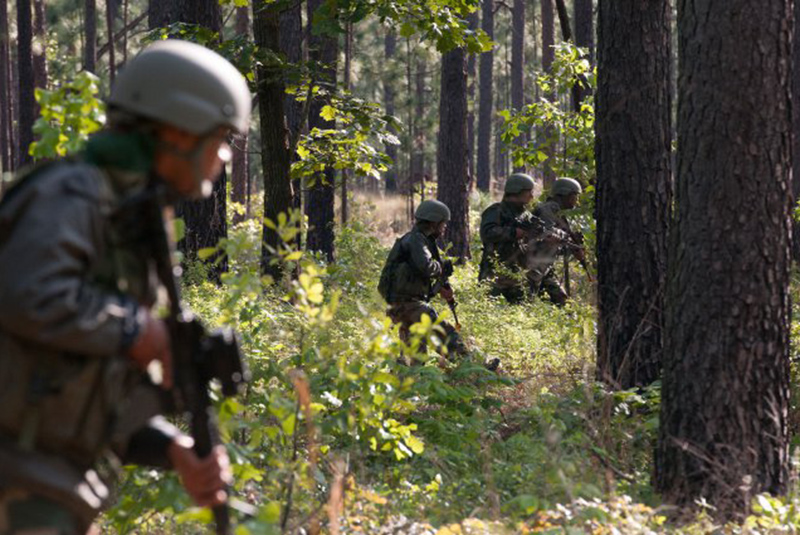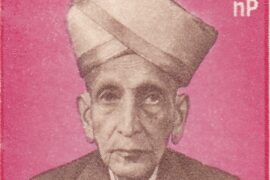Everybody to sleep the guard symbolises
on his late night tour of the tombs.
When he leaves, after counting still bodies
wrapped in white sheets, when he goes,the bodies slowly move, in solitary ritual,
counting lost days, mounting memories,
numbering like sand grains
the winds drag over high mountains
to their lonely deaths; like elephants
they go bury themselves
under dreamlike waterfalls,
in the silence.—Jimmy Santiago Baca
Exactly two years ago India woke up to the news that a terrorist attack from across the border on an army camp at Uri left seventeen soldiers dead, a number that swelled to nineteen in due course. The massacre prompted retaliatory (surgical) strikes by India in what was seen as a ‘new,’ ‘no-nonsense policy’ towards dealing with such transgressions. If the expectation was that this bravado would put the fear of God into the rogue neighbour, we were sadly mistaken. So it behoves us to pause and dispassionately analyse the fall-out of the strikes, the ramifications of which have extended beyond the armed forces into the society at large.
In the intervening two years, the euphoria that gripped the nation in the aftermath of the ‘surgical’ strikes has slowly given way to a burlesque that tugged at the fig-leaf of emotion and exposed the dark underbelly of the body politic. The strikes induced the birthing of a rubicon that scythed through childhood friendships, family bonds, office equations, and neighbourhood relationships. People who were loved for a number of reasons suddenly started finding themselves on the other side of the divide, hated solely for having a contrarian viewpoint on the strikes.
Copyright©Madras Courier, All Rights Reserved. You may share using our article tools. Please don't cut articles from madrascourier.com and redistribute by email, post to the web, mobile phone or social media.Please send in your feed back and comments to [email protected]











